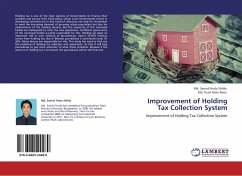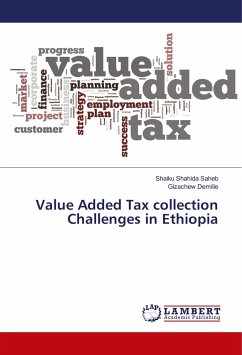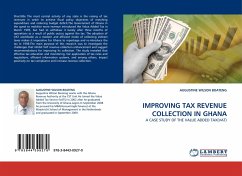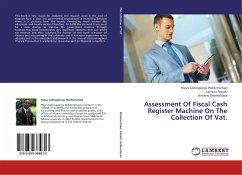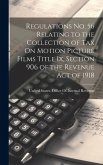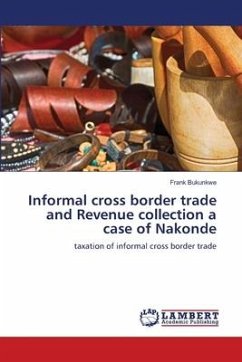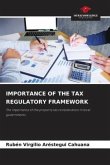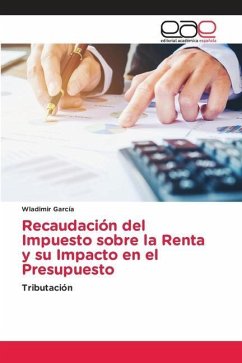Holding tax is one of the main options of Governments to finance their activities and pursue their fiscal policy. Urban Local Governments (ULGs) in developing countries are in dire need of resources not only for investment to meet the increasing demand of growing urban population but also for maintenance of the existing services. But the resources of the municipal bodies are inadequate to cover the new expansions. Inefficient governance of the municipal bodies is partly responsible for this. Holding tax plays an important role in own revenue of pourashavas. About 35-45% revenue comes from holding tax. But in Bhairab pourashava it contributes only 18-20%. Many factors are responsible for this. This study has tried to find out the problems of holding tax collection and assessment. So that it will help pourashava to pay more attention to solve these problems. Because if the amount of holding tax is increased, the pourashava will be self financed.
Bitte wählen Sie Ihr Anliegen aus.
Rechnungen
Retourenschein anfordern
Bestellstatus
Storno

